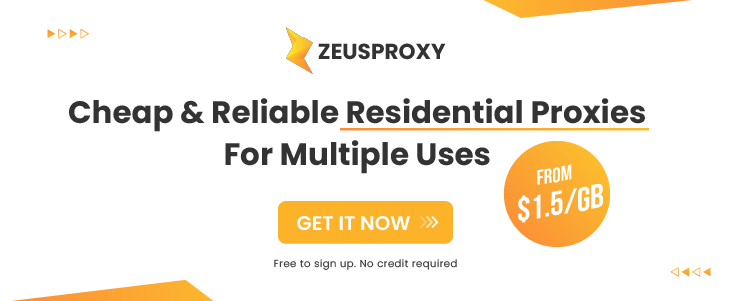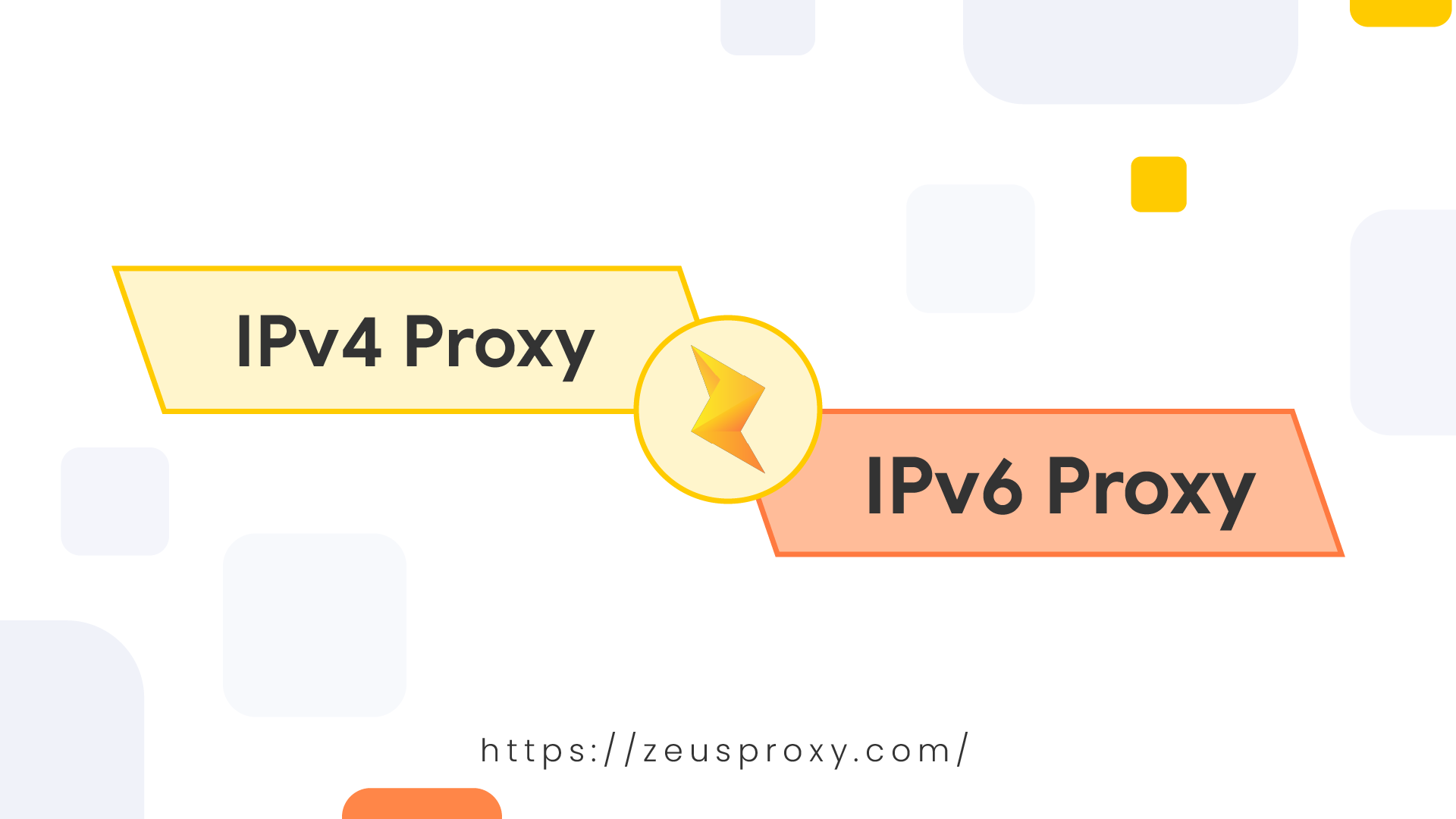IP (Internet Protocol) is used by websites to gather user location information. The two most popular internet protocols today are IPv4 and IPv6.
In this post, we will examine the specific advantages and disadvantages of these two protocol types.
|
IPv4, introduced in 1981, is the first widely used version of IP and remains the most widely used protocol to this day.
|
- Widespread compatibility: The majority of websites and applications support IPv4, making it a reliable choice for avoiding accessibility issues.
- Simplified structure: IPv4 addresses consist of concise decimal strings, which are easier to read and remember.
|
- Limited addresses: IPv4 uses 32-bit addresses, resulting in only about 4.3 billion IPv4 addresses, which are insufficient to accommodate the growing number of internet users. Additionally, due to the scarcity of IPv4 addresses, obtaining clean IPv4 proxies can be quite challenging.
- Weaker security: IPv4 lacks built-in security features, making it challenging to establish secure connections from sender to recipient.
|
IPv6 was introduced in 1998 to address the depletion of IPv4 resources and to overcome the limitations of IPv4.
|
- Abundant addresses: IPv6 uses 128-bit addresses, offering over 17 billion IPv6 addresses, which is four times more than IPv4.
- Enhanced security: IPv6 incorporates built-in security features, allowing for easier end-to-end encryption of data from sender to recipient.
|
-
Limited accessibility: Due to the large number of IPv6 addresses, controlling traffic can be a challenge, leading to source IP control. Consequently, not many websites and applications support IPv6, making it less practical than IPv4.
-
Complex structure: IPv6 addresses are represented in hexadecimal format, which is more complex and less intuitive compared to the decimal structure of IPv4.
|
Should you use IPv4 or IPv6?
|
Your choice should be based on several factors:
- Accessibility: Some platforms, such as Gleam, Etsy, eBay, may not support IPv6 access. If you plan to use a proxy to access these websites, you will need to use IPv4.
- Account security: While websites like Google and Facebook permit IPv6 access, they often require frequent verification, which may increase the risk of account suspension compared to using IPv4.
- Cost: The cost of IPv6 proxies may vary depending on the provider, but generally, IPv6 proxies are cheaper than IPv4.
|
Despite the lower cost of IPv6, IPv4 remains a better and often necessary choice for most scenarios. When purchasing proxies, consider the limited availability of clean IPv4 proxies, as mentioned in this post. It's advisable to test a small quantity before making a large-scale purchase to ensure proxy quality and avoid investing in low-quality proxies.
|
|



